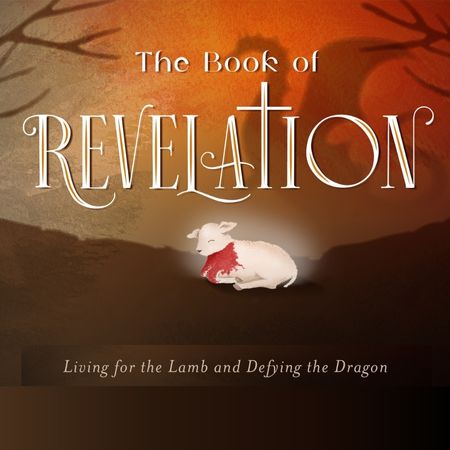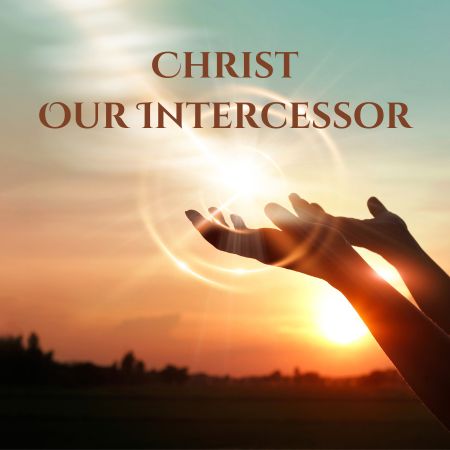This church’s sad situation is dire. They are dead and we will see from the text the nature of the apparent self-inflicted wounds that have brought them to this point. Jesus declares that their works are not done. There must never come a point when we retire in the Christian life. If our devotion to Jesus is only ever talked about in the past tense, that’s a problem. This church is called to “think back” on what they had received and heard. To whatever degree, they had forgotten the Good News. We also see they are living a way of life influenced and sullied by the culture rather than being cleansed by Christ. Let’s not commit ourselves to the ways of the world and instead commit to the ways of the word.
The church at Thyatira seems in many ways to be a solid church. But … they had made and were continuing to make a critical error, namely tolerating an immoral teacher that encouraged compromising on Kingdom truth. This could not continue. Nor can it continue in our own lives (individually or corporately). The words of King Jesus here in this text are helpful to know how to combat our common enemy, and they come back primarily to two key questions we must answer correctly.
The role of prayer plays a crucial part in the life and ministry of the Church. It is that vital connection and communion that we have with the triune God. Many times, we look at prayer from our side of the fence but today we will look at things from the other side of the fence, the modeling Christ did (His earthly heart for us) and continues to do for us (His heavenly heart for us).
In a world full of confusion and shifting values, God’s Word is the firm foundation we need.
There are three things to emphasize as we look at and unpack this letter, the allegiance to our King often means we cannot acquiesce to our culture, knowing our faith helps us hold fast to the truth and refute error when we encounter it and responding with repentance is always important for those who follow Jesus.
(1 John 4:7-12)
What does a good church look like? A lot of opinions abound, but none are greater than His. To listen carefully to what Jesus says here in these verses is to hear about a church that is a good, praiseworthy church. Of course, the reasons seem to be unfortunately lost on many American churches. So, it would no doubt be helpful to see from this passage what makes for a good church.
The next 7 messages from Revelation will cover the 7 churches individually. Up first is the Church of Ephesus. They received compliments and had 3 good things going for them; they worked hard, refused to give up and didn’t tolerate false teachers, but Ephesus also received a criticism related to rekindling their love for one another, and Ephesus received a caution, namely repent!
None of us come neutral to anything we read. Neutrality is a myth. This is especially so with the Book of Revelation. All of us have thoughts about this text! One of the things these early introductory verses help us see is that this book has much to say about Jesus (primarily) and much to say about who we are and will be as His followers (secondarily). The details around these two realities will be the focus of this Sunday’s message.
These 3 opening verses set the stage for our understanding of this book as a whole. The points will appear as questions that I hope will help us understand in a general (but Biblical) sense what in the world Revelation actually is. 1. What is an apocalypse? 2. Who’s the author? 3. Who’s the audience? and 4. Is this authoritative? The answers to these questions provided by the passage will help us see ultimately that this is a message for everyday (not just the future) from King Jesus to His church, absolutely including us.





